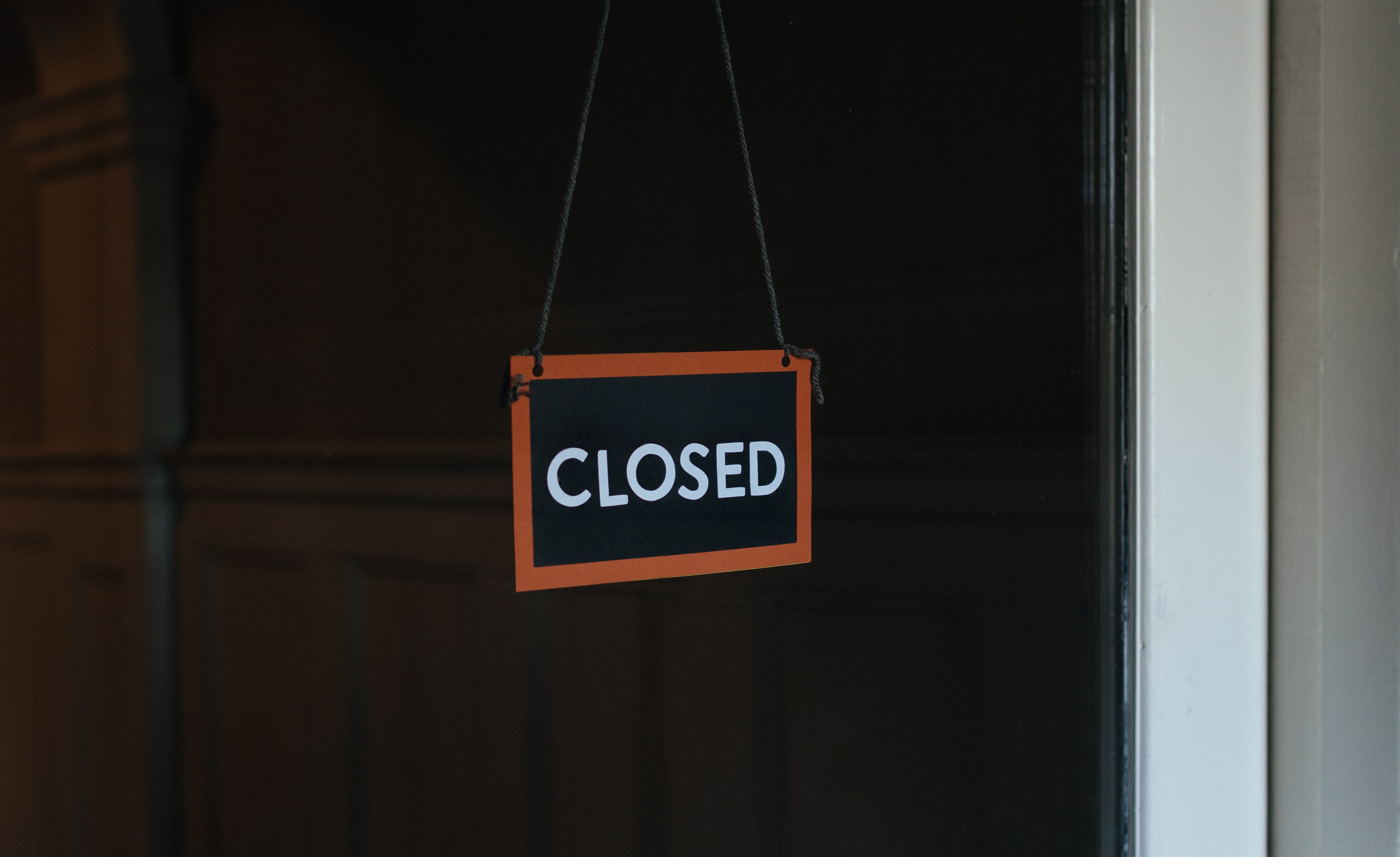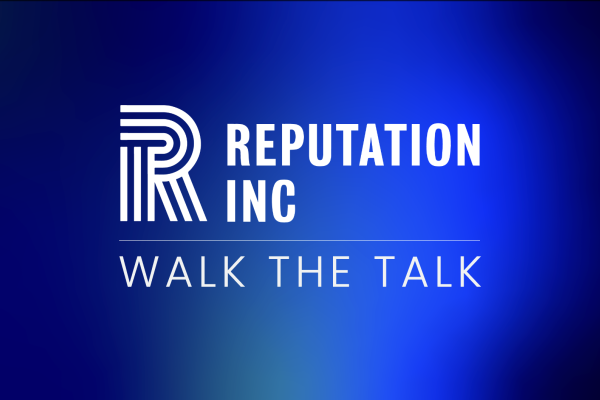
The Bad Apple Effect: The perils and pitfalls of managing industry reputation
Every year, the Institute of Public Administration produce what they call “Ireland – A Directory”. Colloquially known as the IPA Yearbook, it’s a hard-backed database, containing background and contact details for over 9,000 organisations doing business in Ireland. It was, and in many cases still is, the go-to bible for who’s who in Irish life, both public and private.
A cursory glance at the annual Directory over the last decade will reveal one list of organisations that has grown exponentially – that of industry (or trade) associations. Very few industries exist now without an organisation to represent their interests. All leading industries have an active and vocal industry body. IBEC alone lists 37 individual trade associations on its website, covering industries from aviation to white goods, and many more in between.
The power of the collective can be even more important in times of crisis. Over the last six months the airwaves have been peppered with industry representatives either defending their industry or making their case as to why their issues should take priority over others’ issues. Industries such as banking, aviation, construction, hospitality and, most recently, the meat industry have all been in the spotlight at various points since the crisis began in March.
Industry reputation management is not without its unique challenges - many of which stem from the fact that it is almost impossible to control the uncontrollable. While reputation management for an individual firm can be directed and controlled from the centre, the same cannot always be said for those chaperoning the reputation of an entire industry.

"While there has been some debate around the dynamic tension between collective and competitive representation, most companies will see working as one, particularly across lobbying, advertising, education, PR and reputation management, as beneficial."
On the morning of Sunday 16th August last, the trade associations responsible for the pubs of Ireland, the Licensed Vintners Association (LVA) and the Vintners Federation of Ireland (VFI), must have been quietly pleased with the positive response they’d received for their “Support not Sympathy” initiative. The campaign, which ran the day before, marked five months to the day since 3,500 non-food pubs closed their doors as a result of Covid restrictions. The day was designed to appeal to policy makers to provide “meaningful supports” for the pubs that remain closed.
Later that Sunday, footage was emerging on Twitter from the Berlin D2 venue in Dublin showing what appeared to be an obvious breach of Covid-19 public health regulations, with a number of people dancing in close proximity to one another, before a member of staff stood on the bar and free poured alcohol down the throats of attendees.
The subsequent storm of indignation and criticism was fierce. The incident set the scene for the Government’s revision of lockdown restrictions that were announced the following Tuesday evening and even provided the Taoiseach with the basis of his opening remarks, where he criticised the “appalling behaviour” on show.
The LVA was quick to react on Sunday afternoon, describing the behaviour as “outrageous and appalling”, and seeking to distance the premises from its own membership – “not a pub and does not hold a pub licence”. The annoyance, frustration and sense of betrayal from others who followed all the guidelines was palpable. You can only imagine the sense of immense frustration and anger from the leadership and members of the LV and VFI in seeing much of the reputation equity and campaign momentum, built up over the previous number of days, disappear in an instant, due to the actions of a very small minority of “industry peers”.
The episode brought into sharp focus the perils and pitfalls of managing the collective reputation of an entire industry. The LVA and VFI could do little more than react quickly, state the facts and try and refocus on their priority message – the 3,500 members that have been unable to earn a wage since March. It shows that those responsible for managing industry reputation can never truly control the message and should place additional emphasis on reputation risk management planning.

"...Reputation equity and campaign momentum, built up over the previous number of days, disappear in an instant, due to the actions of a very small minority of “industry peers”.
It also highlighted one of the consequences of the crisis we’re currently living through. That, far from being distracted by their own circumstances or priorities, stakeholders’ expectations on industry, companies to do - and be seen to do - the right thing, have only heightened. We’ve seen the further manifestation of this with #GolfGate this past week.
It shows that, as reputation managers, we need to be ever more conscious that stakeholder expectations can, and will, change. Those that understand that, invest in understanding stakeholder perceptions, and adapt and respond quickly will win out.
“Twenty seconds of madness,” was how the owner of Berlin D2 described the scenes from the bar that went viral. “154 days and counting” read the blurb from the “Support not Sympathy” campaign. The industry organisations involved will hope that the latter numbers will eventually hold sway with those that matter most




